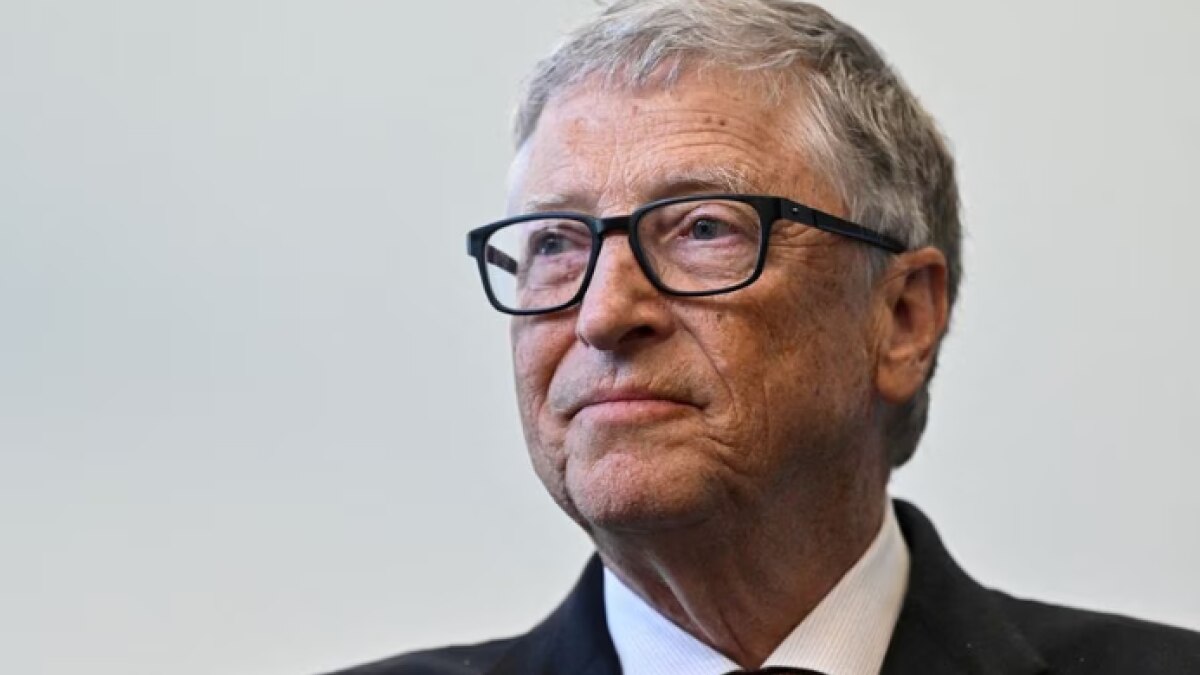In a recent podcast, tech mogul Bill Gates shared his insights on the potential impact of artificial intelligence (AI) on the workforce. Gates envisions a future where technology could revolutionize the way we work, leading to shorter workweeks, possibly as brief as three days, with reduced effort required from individuals.
Gates foresees a scenario where AI-driven models could undertake a diverse array of tasks, ranging from culinary activities to manufacturing processes. This shift, according to Gates, could pave the way for a more manageable and comfortable workload, ultimately culminating in a condensed workweek structure. Other corporate leaders also acknowledge the transformative potential of technological advancements, particularly in the realm of AI, in reshaping our daily work routines.
While Gates remains optimistic about the positive implications of AI, he is mindful of the potential challenges it may pose. Emphasizing the importance of prudence and social responsibility in AI utilization, Gates envisions a future where a three-day workweek could become the norm, promoting a healthier work-life balance for individuals.
Interestingly, Gates is not alone in advocating for a shorter workweek. Jamie Dimon, the CEO of JPMorgan, has also speculated that AI could lead to a reduction in the frequency of workdays for the upcoming workforce. Dimon further highlights the potential of technology to enhance longevity and well-being among individuals.
Reflecting on his evolving perspectives, Gates acknowledges a shift in his mindset over time, moving away from a singular focus on productivity towards a broader consideration of life’s purpose beyond work obligations. This introspection prompts contemplation on the intrinsic value of work in our lives and the transformative influence of technology on our societal outlook.
The discourse surrounding the adoption of a four-day workweek in certain companies in the United States and globally underscores a growing interest in redefining traditional work structures to enhance employee welfare. As discussions on the future of work and the role of AI continue to intensify, the insights shared by influential figures like Gates and Dimon contribute to shaping a narrative that prioritizes a work environment conducive to leisure and personal fulfillment.






